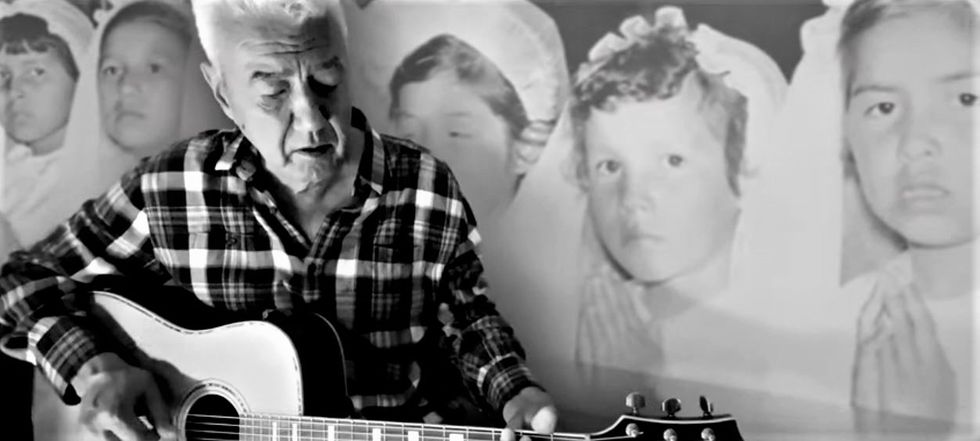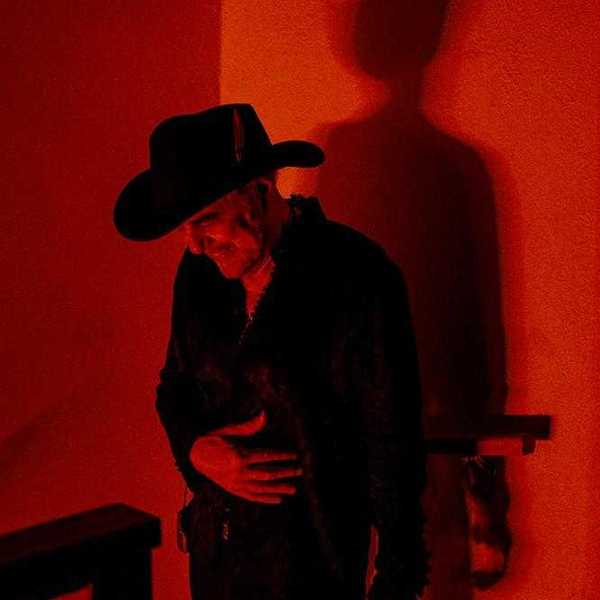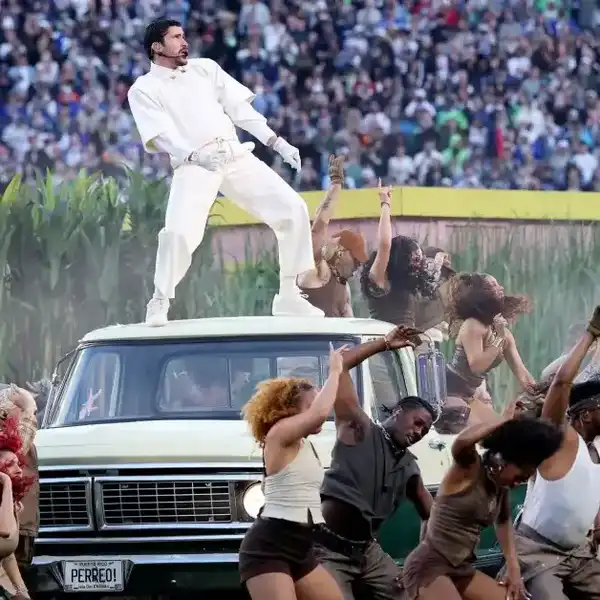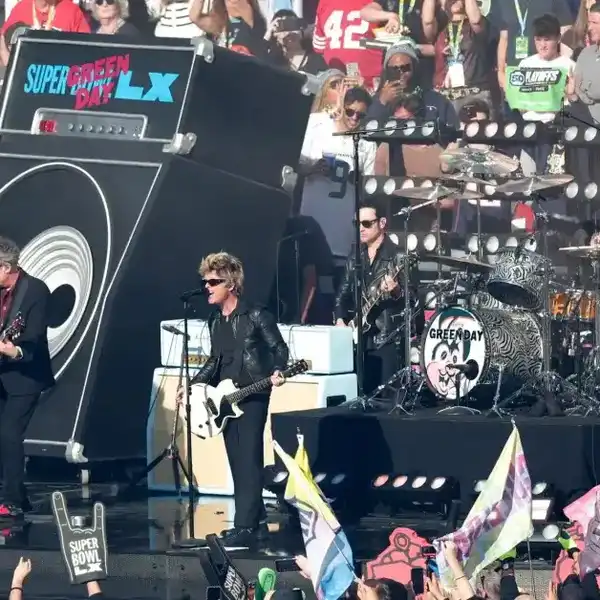Tom Jackson's 'Lost Souls': A Powerful Ode To Residential School Victims
“We can’t jump to reconciliation without discussion of truth,” Jackson says by way of explanation for the sombre and dark song he has written and performed.

By External Source
Actor, singer and social activist Tom Jackson has just released Lost Souls, an anthem about the sad history of neglect that was created when various governments enforced the Residential School Act that forced native children to leave their parents and re-settle in mostly Catholic schools from the 17th century until the late 1990s.
“We can’t jump to reconciliation without discussion of truth,” Jackson says by way of explanation for the sombre and dark song he has written and performed.
In May, Tk'emlúps te Secwépemc Chief Rosanne Casimir announced that the remains of 215 children had been found near the city of Kamloops. Some of these children were believed to be as young as three years old.
“If you want to defeat the Indian,” Jackson muses on the song, “take away their children." “In the world of Truth & Reconciliation, we will not find reconciliation until we find truth,” Jackson opines. “The truth may be painful, but pain is part of the process of the sacred healing journey. Although the work is difficult, it will directly contribute to the health and well-being of the present and future generations. Sometimes I pray for change, and it helps me get through the darkness. But I’m not sure if just my hope helps others.”
The damning anthem shuffles between the point of view of the children, to that of the government; quietly speaking the story on the verse, then intimately yearning in melody on the chorus. Jackson’s deeply resonating bass bears no filter on the lyrics: “’We’ll fix the problem,’ said the Church, ‘come with me, little girl, this won’t hurt.’ Someone said, ‘lift her skirt, and lay her in the dirt’. ‘If this stays hidden, there is no villain.’”
“If you say, ‘it matters what happened!’ Now what!? What do you do with what happened?” Jackson questions. “Today I’m going to church,” he adds. “This is the virus; F** you. I curse you. I spit on your grave. Shame on you. It hurts me to the core!!..............Whew…………...This is the vaccine; Now I can find a semblance and a place for peace, empathy, compassion, faith, and love. I don’t understand and I’m not God. But I would not make a child suffer.”
He refers to Lost Souls as the song of “silenced children.” It highlights the grim reality of what is alleged by the survivors of the Residential School system, and the victim families who have been silenced for generations. His sombre intone includes a whispered child’s voice that haunts the finality of the song: “they found us.”
Dominique Zgarka’s ILS and Global Solutions are handling worldwide distribution and marketing for Lost Souls, released on Jackson’s Tomali Pictures imprint. Eric Alper is handling publicity for the project.
















